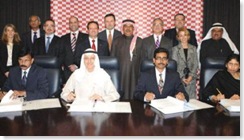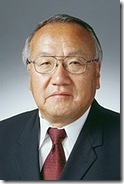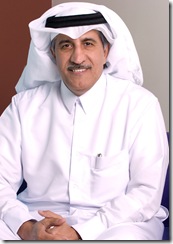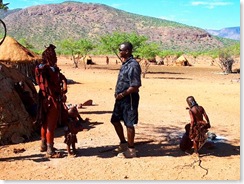Bahrain’s Batelco has become the latest operator to break into the Indian market, having inked a deal to purchase 49 per cent of Indian start-up mobile operator S Tel for US$225 million. The agreement is subject to conditions that are expected to be finalised by the end of Q109.
 Batelco’s priority is to assist S Tel in rolling out its network infrastructure across six Indian states and to launch commercial services
Batelco’s priority is to assist S Tel in rolling out its network infrastructure across six Indian states and to launch commercial services
S Tel has licences to operate in six Indian states – Bihar, Orissa, Jammu and Kashmir, Himachal Pradesh, North East and Assam – which have a combined population of 230 million and mobile penetration of less than 20 per cent.
Batelco chief executive Peter Kaliaropoulos stated that the acquisition of the S Tel shares in partnership with Dubai-based Millennium Private Equity (MPE) will provide significant growth opportunities in the fastest growing mobile market in the world, where mobile penetration is currently growing at nine to 10 million subscribers per month.
“We explored a number of investment opportunities in India and S Tel was judged to be the most suitable investment for Batelco’s entry into the Indian telecommunications market. Our priority now is to assist S Tel to rapidly rollout network infrastructure and offer mobile services to customers,” stated Kaliaropoulos.
"The successful completion of this deal supports our growth and expansion strategy in wireless and broadband markets and boosts Batelco’s long term plans to diversify our geographical footprint and dramatically increase our scale.”
Batelco chairman Sheikh Hamad bin Abdulla Al-Khalifa added that Batelco plans to continue its regional expansion drive through targeted acquisitions of other operators and licences while maintaining its market leadership in Bahrain. The Batelco Group has subsidiaries and joint ventures in Bahrain, Saudi Arabia, Jordan, Kuwait and Egypt.
"Our Bahrain operation is and will always be the heart of Batelco Group. However, we also have to tap into growing markets larger than Bahrain either directly or with partners in order to retain our strength and prominence at home and in the Middle East and Africa region," commented Sheikh Hamad.
Other operators that have recently entered the Indian market include Etisalat, which purchased 45 per cent of Swan Telecom for US$900 million, Norway’s Telenor which paid US$1.07 billion for 60 per cent of Unitech Wireless, and Japan’s NTT DoCoMo, which acquired a 26 per cent stake of Tata Teleservices for US$2.7 billion.
 Oslo, the capital city of Norway, will be one of the first cities in the world to experience 4G mobile broadband in 2010
Oslo, the capital city of Norway, will be one of the first cities in the world to experience 4G mobile broadband in 2010






